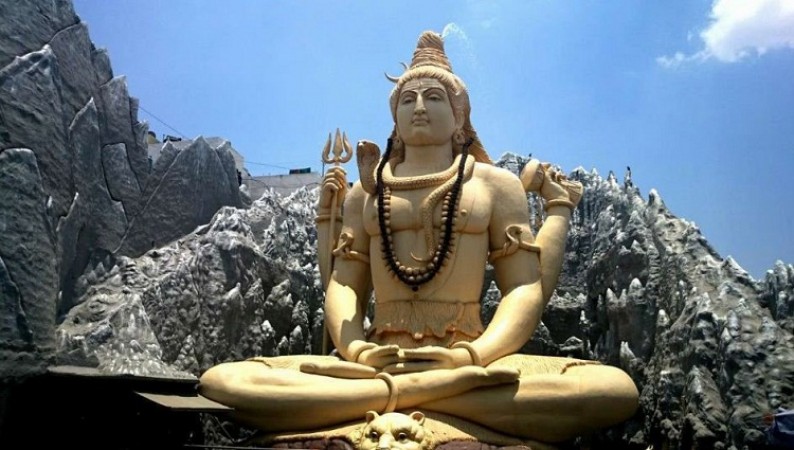
The month of July brings with it a special significance for Hindus across the world as it marks the beginning of Sawan, a highly revered and sacred period in the Hindu calendar. Falling on July 4th this year, Sawan holds immense spiritual and cultural importance as devotees engage in various rituals, prayers, and fasting to seek the blessings of Lord Shiva. This article explores the significance of Sawan, its traditions, and the fervor with which people celebrate this auspicious month.
Sawan, the auspicious beginning of July, holds immense significance for Hindus worldwide. It is a time when devotees immerse themselves in prayer, fasting, and various acts of devotion to seek the blessings and grace of Lord Shiva.
Sawan, also known as Shravan, is the fifth month in the Hindu calendar and is dedicated to Lord Shiva, the supreme deity associated with destruction and transformation. It is believed that during this month, Lord Shiva performs his cosmic dance, known as the Tandav, which symbolizes the cycle of creation, preservation, and dissolution. Devotees observe Sawan as a time of deep spiritual introspection, purification, and devotion to Lord Shiva.
Rituals and Observances: The observance of Sawan involves a variety of rituals and practices that are performed with utmost devotion. One of the most prominent traditions during this month is the Kanwar Yatra, where devotees carry holy water from the Ganges River in small pots and walk long distances to pour it on Shiva Lingams (representations of Lord Shiva) in temples. This yatra is undertaken by millions of devotees who seek blessings and forgiveness from Lord Shiva.
Another common practice during Sawan is the fasting or vrat, where devotees abstain from consuming certain foods, primarily on Mondays. Mondays hold particular significance as they are believed to be Lord Shiva's favorite day of the week. Devotees often consume only milk, fruits, and other simple vegetarian meals during this period.
Throughout Sawan, devotees visit temples dedicated to Lord Shiva, offering prayers and performing elaborate rituals. They often bring bael leaves, milk, fruits, flowers, and bhasma (sacred ash) as offerings to the deity. Many devotees engage in bhajans (devotional songs) and chant mantras dedicated to Lord Shiva, such as the "Om Namah Shivaya."
Sawan is considered a highly auspicious period for spiritual growth and seeking divine blessings. Devotees believe that by observing fasts and performing acts of devotion, they can attain spiritual purification, divine grace, and fulfillment of their wishes. It is believed that Lord Shiva showers his devotees with blessings and protects them from negative energies during this sacred month.
Celebrations Across Regions: Sawan is celebrated with great enthusiasm and fervor throughout India and in various parts of Nepal. Different regions have their unique customs and rituals associated with this month. In North India, especially in states like Uttar Pradesh and Bihar, the Kanwar Yatra attracts massive participation and is a sight to behold. In South India, devotees often perform Abhishekam (ritual bathing) of Shiva Lingams with milk and other sacred liquids.